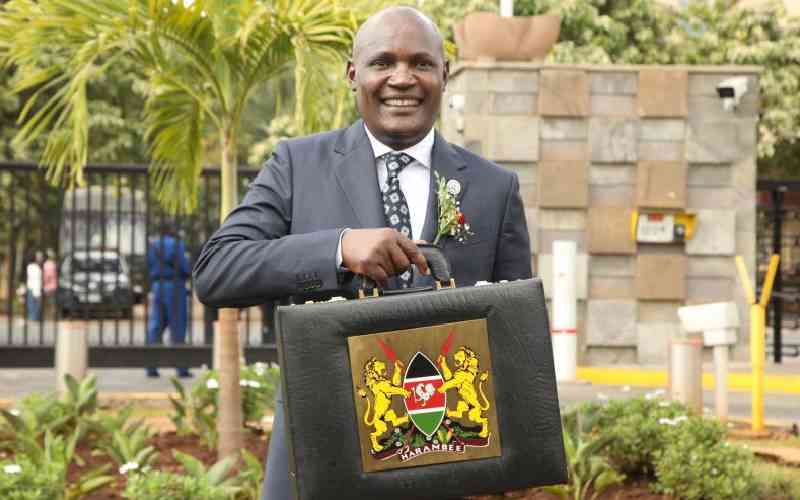×
The Standard e-Paper
Join Thousands Daily
By Stephen Makabila
The promulgation of the new Constitution by President Kibaki on Friday has finally ushered in two levels of Government for improved access to public services and development.







